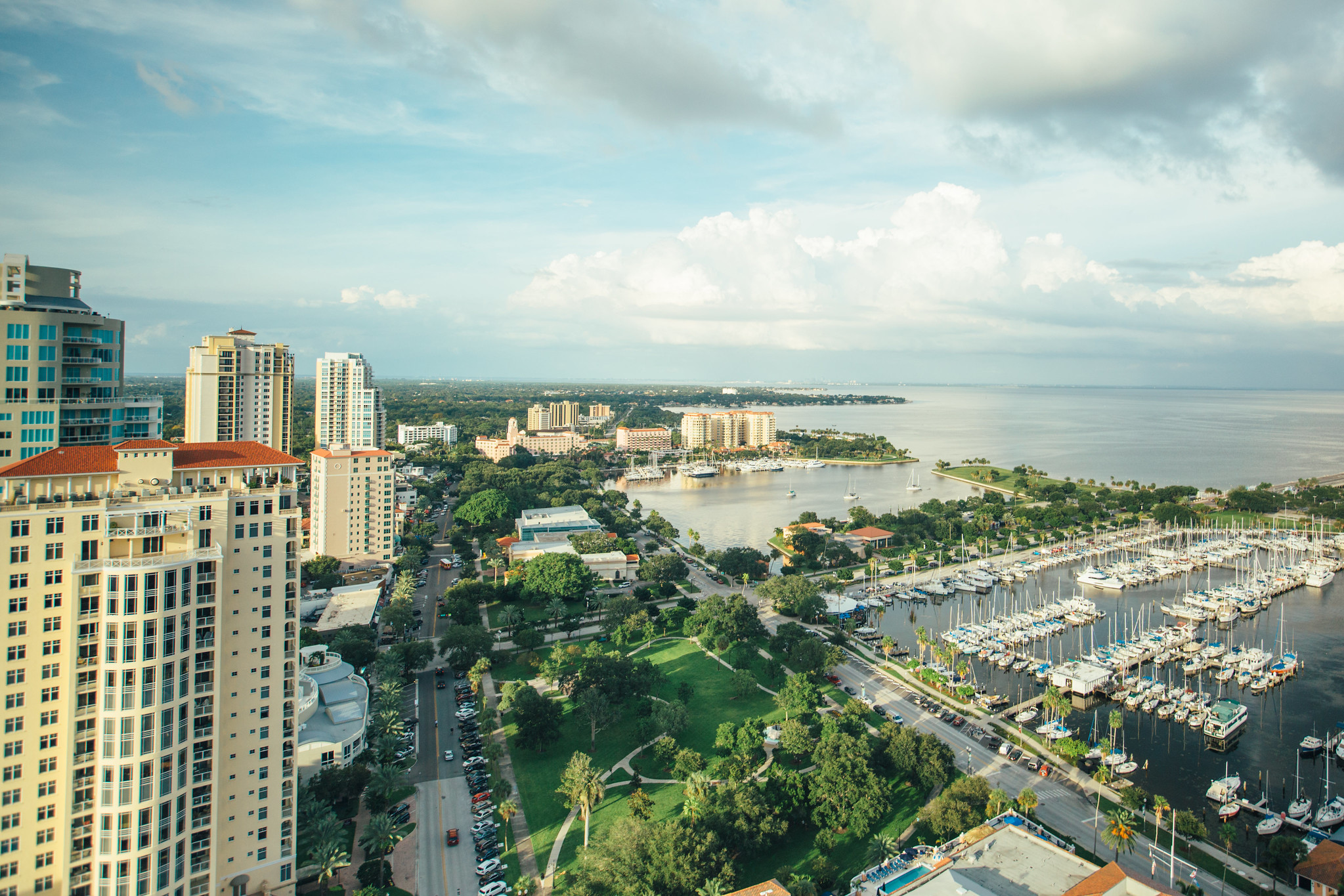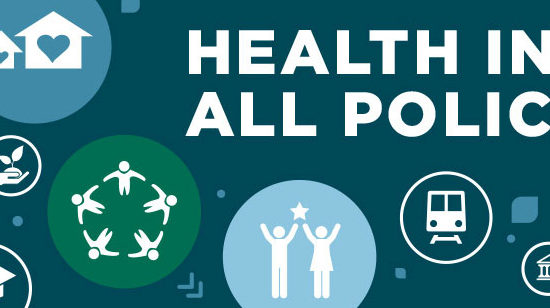
Top Tips to Protect Your Eyes and Skin
Tampa Bay ranks #4 for UV exposure
The Tampa Bay area is at the top of another list, but this time it’s not a list that we necessarily want to
celebrate. However, it does deserve a call to action. Tampa Bay area is ranked number FOUR in a list of
cities receiving the highest level of Ultra Violet (UV) exposure. UV light is an invisible, electromagnetic
radiation emitted by the sun. We are just behind San Juan, Honolulu and Miami. The Vision Council compiled
the list by analyzing data from the US Environmental Protection Agency and the National Weather Service.
Tampa Bay has on average a total of 207 days of extreme or very high risk for UV exposure, which is 57% of
the year! Preventing overexposure to the sun is one of the highly preventable steps everyone can take to
reduce the risk of skin cancer and eye damage.
Splish Splash
According to the American Academy of Dermatology (AAD), you should “use extra caution near water and sand because they reflect and intensify the damaging rays of the sun, which can increase the chance of sunburn.” The AAD recommends using a water resistant (40 minutes) or very water resistant (80 minutes) sunscreen. Sunscreens are not waterproof or sweatproof and need to be reapplied. Reapply sunscreen approximately every two hours, even on cloudy days, and after swimming or sweating.
A Family Affair
UV damage is cumulative, occurring over a lifetime of exposure. Children receive three times the annual sun
exposure of adults, increasing their susceptibility to UV damage. Getting children in the habit of wearing sunglasses and sun protection early will help to lessen serious vision and skin problems in the future.
Beyond a Shadow of a Doubt
The sun’s rays are strongest between 10 a.m. and 2 p.m. If your shadow appears to be shorter than you are,
you should seek shade. UV rays are just as dangerous on cloudy days as they are on clear days. Just like
skin, eyes can accumulate harmful UV radiation on overcast days, so be sure to wear proper eye and skin
protection while outside. Be aware of your sunscreen’s Sun Protection Factor (SPF)– the higher the number,
the more protection it provides. Also look for the words “broad spectrum” to ensure a wide range of UV light is
actually being blocked.




